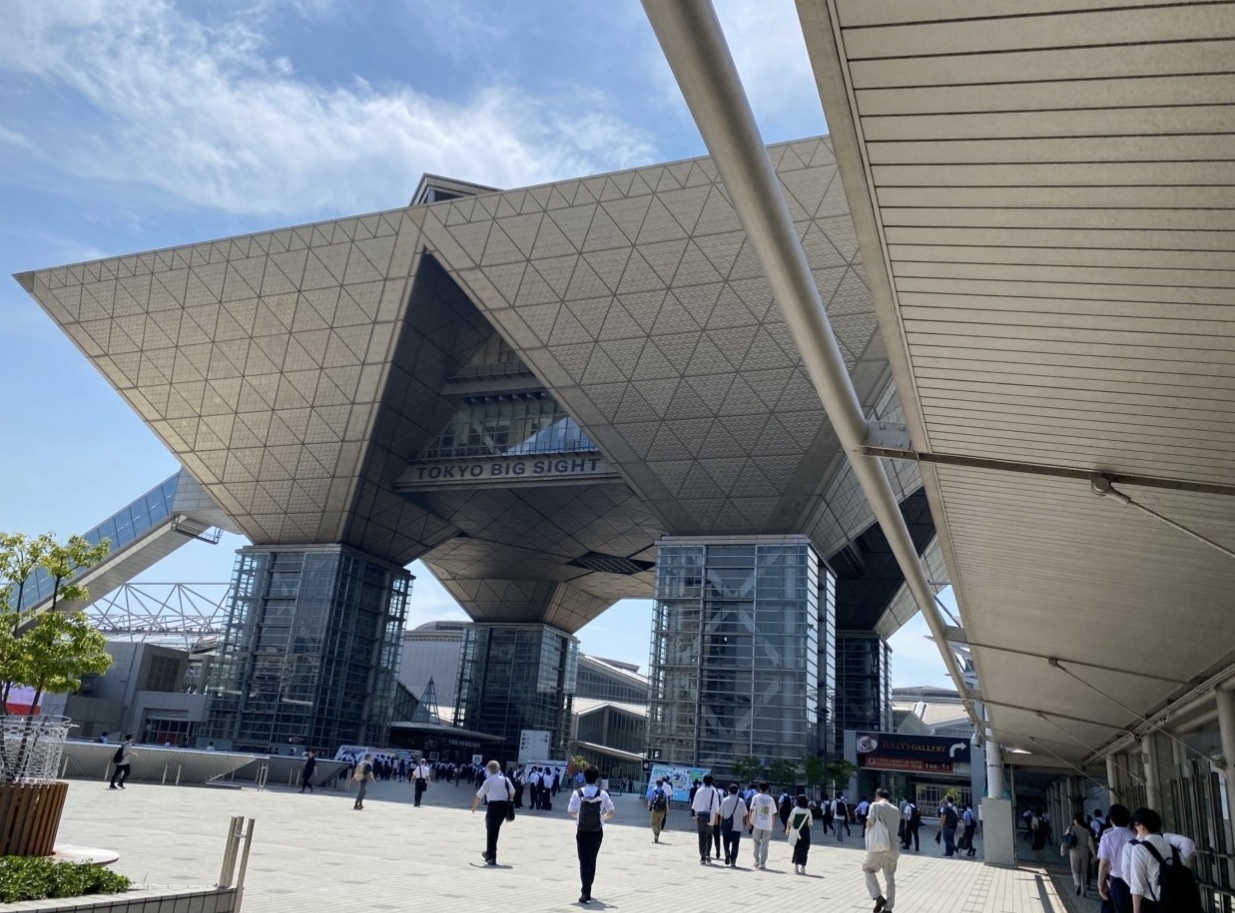Entering to Japan business market is more than a physical relocation — it’s a complete shift in how you think, communicate, and engage with the world around you. Whether you’re here to build a career, or expand your business, one thing becomes clear very quickly:
Success in Japan doesn’t come from just knowing — it comes from adapting.
It is a journey filled with excitement, curiosity, and a fair share of challenges. The first time I arrived, I was full of energy and ready to dive into everything this fascinating country had to offer. But it didn’t take long to realize that success in Japan isn’t just about skills or ambition — it’s also about your willingness to adapt.
Similarly for overseas businesses looking to enter or grow in the Japanese market, this mindset is essential. Market research, legal structure, and strategy matter — but what often makes or breaks your success is your ability to understand and integrate into the culture you’re working within.
Observation – Your Most Powerful Tool
Although society is gradually evolving, and cross-cultural exchanges are becoming more common through events organized by national and international bodies, further efforts are still needed. Japanese culture is known for its deep respect for harmony, and often rare spoken social rules. For many international visitors, these aspects aren’t obvious at first — but they are everywhere.
Whether it’s the silent trains or high formality in meetings, every small action carries meaning. I began observing carefully — not just what people said, but how they act, how they pause, how they say “no” without ever saying the word.
And this became my first big lesson: Observation is your best teacher.
For business professionals, learning these subtleties helps avoid miscommunication and builds credibility. In a B2B context, this means smoother negotiations, stronger client relationships, and long-term trust.
From Frustration to Flexibility
Let’s be honest — there are moments when you will feel frustrated. Maybe a client won’t commit right away, or a colleague seems hesitant to share honest feedback. For instance:
- “Why is everything so indirect?”
- “Why does it take so long to get a simple approval?”
- “Why do people hesitate to give clear feedback?”
But instead of pushing back, I slowly started asking different questions:
- “How can I adjust to this?”
- “What’s the cultural logic behind this approach?”
- “What can I learn from how they approach decisions?”
- “What does ‘no’ look like here — even when it isn’t said?”
As soon as I made that mental shift, the experience stopped feeling like a struggle and started feeling like an opportunity.
In business, this shift is critical. Japan’s decision-making process is often consensus-driven and risk-averse. Understanding this can help you manage expectations, design better timelines, and present proposals in ways that align with your partners’ internal processes.

The Power of Adjusting
I won’t pretend I got it all right. I made mistakes, but each time, I reminded myself:
Adapting isn’t about losing who you are — it’s about expanding who you are.
The more I stayed open, the more comfortable I became. I started to appreciate the structure, the attention to detail, and the quiet efficiency that defines so much of Japanese life. And I noticed something else: the more I adapted, the more trust I earned.
In B2B marketing, trust is everything. You might not close a deal in the first meeting — or the fifth — but when your Japanese partners see that you’ve made the effort to understand and respect their culture, the door to lasting relationships begins to open.
Keep Learning, Keep Growing
My biggest takeaway? Adaptation is not a one-time effort — it’s a continuous mindset.
Whether you’re here for six months or six years, your success in Japan depends not on how quickly you “fit in,” but on how consistently you are willing to observe, adjust, and stay open.
Even for businesses, this means regularly reviewing your messaging, your approach to meetings, even your after-sales support — all through the lens of your local audience’s expectations.
If you can do that, not only will your time in Japan be more productive — it will be deeply meaningful… and far less frustrating.
Final Thought
Whether you’re leading market entry efforts or managing key relationships in Japan, you could remember this: Stay curious. Stay humble. Stay adaptable.
Japan has so much to teach — if you’re ready to learn.
If you’re doing business in Japan, please know this: Relationships come before results.
You will not always get quick decisions or clear-cut yes/no answers. But once trust is earned — and that may take time — you’ll find partners who are loyal, precise, and deeply committed.
In fact, adaptation is not a checklist — it’s a mindset.
And in Japan, it’s the mindset that transforms your time here from simply productive to truly meaningful.
Yes, you’ll encounter moments of uncertainty.
Yes, there will be process and steps along the way.
But these are the moments that drive strategic growth and build lasting business resilience.
So whether you’re here to close a deal, build long-term partnerships, or expand your market presence — observe carefully, adjust thoughtfully, and keep learning.
That’s how you turn challenge into connection, and culture shock into cultural depth.
Entering the Japanese market requires more than a product or service—it requires cultural intelligence, patience, and a genuine commitment to building trust. Hence, adaptation isn’t a soft skill; it’s a business strategy. Companies that take the time to understand how business is done in Japan position themselves for sustainable success. In the end, those who adapt not only thrive—they belong.
To navigate the Japanese market successfully, cultural understanding must go hand in hand with business strategy. At I&D Inc., we specialize in helping international B2B companies adapt effectively—through tailored market research, local partner identification, and strategic setup support. Let our team guide your entry with insight and precision. You could contact us anytime to schedule a free consultation.
About Our Services, Please Click Here
B2B Services | B2B Marketing Company in Japan | I&D↗


